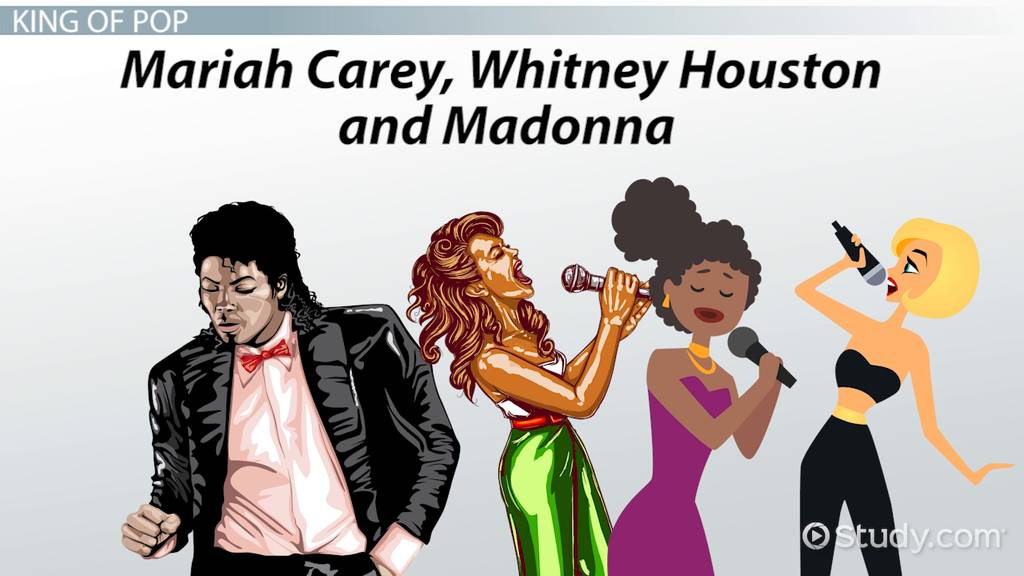Music has been a part of human culture for over 40,000 years, and various factors have influenced its evolution. Religion has always been closely linked to music, and its importance was further reinforced by the printing press in the 15th century, which made it accessible to the general public. The rise of popular music in the 20th century was a result of technological advancements, such as the advent of the radio and phonograph records, which allowed it to reach a wider audience. Music has also become a universal language that transcends cultural and language barriers and has therapeutic benefits. As technology continues to evolve, it will undoubtedly shape how music evolves in the future.
10 Interesting Facts About the Evolution of Music
Music has been an integral part of human culture for centuries. It has evolved over time to represent the changing tastes and trends of the societies we live in. From simple bird songs to complex symphonies, music has become an art form that has captured the hearts and minds of people worldwide. In this article, we explore ten interesting facts about the evolution of music that have shaped it into what it is today.
1. Humans have been making music for over 40,000 years
According to archaeological digs, humans have been making music for over 40,000 years. The earliest known musical instruments were flutes made from bird bones and mammoth ivory. They were discovered in Germany and are believed to have been made around 40,000 years ago. This suggests that music has played an essential role in human society for thousands of years.
2. Music has always been closely linked to religion
Throughout history, music has been closely linked to religion. Many of the earliest musical compositions were religious chants and hymns that were used in religious ceremonies and festivals. In many cultures, music played an essential role in connecting with the divine or spiritual realm. Even today, many religious traditions continue to incorporate music into their practices.
3. The printing press revolutionized the music industry
The invention of the printing press in the 15th century revolutionized the music industry. It made it easier, cheaper, and faster to produce sheet music, which made music more accessible to the general public. This led to the rise of amateur musicians in the 18th and 19th centuries, who could now play and read music from a printed score.
4. The rise of popular music in the 20th century
In the early 20th century, popular music became a dominant force in Western culture. The advent of radio, phonograph records, and later, television allowed popular music to reach a much wider audience than ever before. Many new styles of music emerged during this time, including jazz, blues, and rock and roll, which have had a lasting impact on popular music.
5. The influence of technology on music
Advances in technology have had a significant impact on the way music is created, performed, and consumed. The invention of the electric guitar and amplifier, for example, helped shape the sound of rock and roll. Electronic music, such as techno and house, has developed as a result of advances in electronic instruments and sound production software. The rise of digital streaming services has also profoundly influenced how music is distributed and marketed.
6. Music is a universal language
Music is often referred to as a universal language because it can be understood and enjoyed by people from all cultures and backgrounds. Even though music styles vary greatly across the world, the emotional impact of music is fundamental to all human societies. It is through music that we can connect with others on a deep emotional level, transcending language and cultural barriers.
7. The importance of storytelling in music
Throughout history, music has been used as a form of storytelling. Whether it’s through a ballad or a contemporary pop song, music has the power to convey complex emotions and themes in a way that words alone cannot. The combination of melody, harmony, rhythm, and lyrics can create a powerful emotional connection with listeners, allowing them to identify with the story and feel a sense of empathy with the artist.
8. The evolution of classical music
Classical music is a genre that has evolved over hundreds of years. From Bach and Mozart to Beethoven and Chopin, classical music has been shaped by the changing tastes and musical innovations of each era. Until the 20th century, classical music was the dominant form of Western music, but it has since been overshadowed by the rise of popular music.
9. Music therapy
The use of music as a form of therapy has been recognized for its positive effects on mental health and well-being. Music therapy is an evidence-based practice that uses music to help individuals cope with a range of physical, emotional, and cognitive challenges. Music therapy can help reduce anxiety, depression, and pain, and can improve cognitive function, communication skills, and social interaction.
10. The future of music
As technology continues to evolve, music will undoubtedly continue to change and develop. Advances in virtual reality and artificial intelligence, for example, could lead to new forms of musical performance and composition. However, no matter how music evolves, its emotional impact and ability to connect people will always remain at the heart of its appeal.
Conclusion:
Music has played an essential role in human society for thousands of years, and it continues to evolve and shape our culture today. From the earliest bird bone flutes to the latest digital streaming services, music has always been a universal language that connects us with others on a deep emotional level. We hope this article has given you a greater appreciation for the fascinating history and evolution of music.
